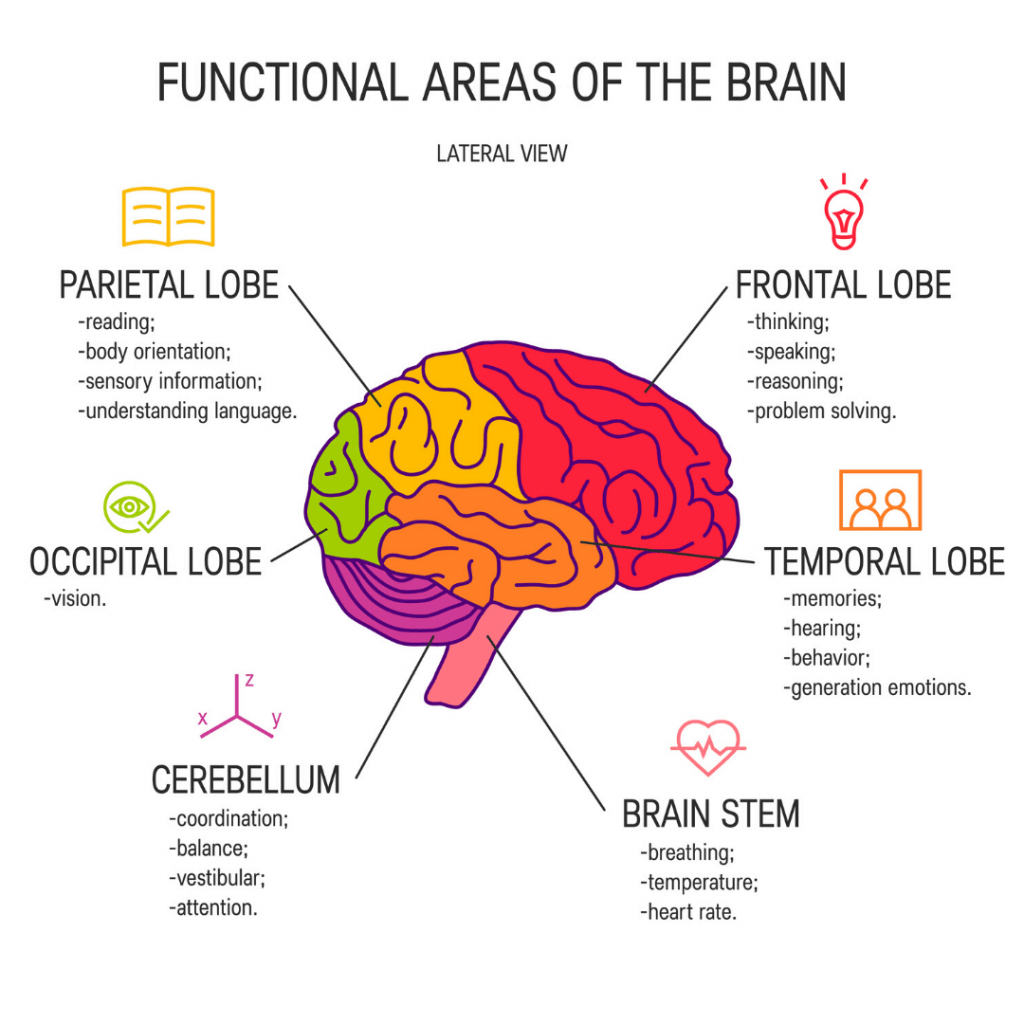Is There a Link Between Antidepressants and Speech Delay?
My first thought when I read this was, “wow, that’s a really good question.”
I have several friends who had hyperemesis gravidarum (pregnancy complication that is characterized by severe nausea, vomiting, weight loss, and possibly dehydration) or were on medications throughout their pregnancies.
I instantly went to the research to see if there is actually a correlation between medications, specifically antidepressants and speech disorders.
Boost Your Child’s Speech Development!
Improve language & communication skills with fun learning!

What Research Has to Say About Pregnancy Meds and Child Development
A study was recently completed in Finland, which looked at mothers who took antidepressants during their pregnancy. They followed the children for 14 years to determine if there were any disorders or delays in the children.

Children born to women who took antidepressants during pregnancy may have an increased risk of language and speech disorders, according to the study.
In the study, children born to mothers who had depression and who took antidepressants at least twice during pregnancy, were 37 percent more likely to develop speech or language disorders over the course of the 14-year study, compared with children born to women who had depression but did not buy any antidepressants during pregnancy, the researchers found.
The results may be one factor to consider when pregnant women with depression decide, together with their doctors, whether they should take antidepressants during pregnancy.
Dr. Alan Brown, professor of psychiatry at Columbia University Medical Center
He also went on to mention that there are other factors to consider, as well.
These factors include:
- The severity of the mother’s depression. Obviously, depending on the level of depression, the mother may HAVE to be on medication for the her safety and the safety of the baby.
- What type of antidepressant is being used by the mother before AND after pregnancy? Of all the children in the study, nearly 15,600 (about 28 percent) were born to women who had depression and bought antidepressants called selective serotonin reuptake inhibitors (SSRIs) while they were pregnant. SSRIs are commonly prescribed antidepressants that are believed to alter the levels of the chemical serotonin. It turned out that, out of all the kids, those born to mothers who took SSRIs during pregnancy had the highest risk of developing speech or language disorders over the course of the study.
The study goes on to state that it doesn’t prove that antidepressants cause a speech and language disorder, but that there is a link between the two.
The link isn’t totally clear, yet, but one potential reason could be that the medication affects the baby’s brain development during pregnancy, including the parts that control speech and language development.
It’s also possible that maternal depression can also play a role in the child developing disorders.
A previous study, published in 2015 in the journal JAMA Pediatrics, showed that children born to women who took SSRIs during pregnancy may face an increased risk of autism.
Serotonin affects a person’s mood, but it is also an important chemical in the brain cell development in a fetus, Anick Berard, an author of that study and a professor of pharmacy at the University of Montreal, told Live Science at the time. The study isn’t saying it DEFINITELY causes autism, just that there may be an increased risk.
If you have more questions or concerns regarding this topic, or need assistance on how to help your child with speech and language delays, please check out our awesome Speech Blubs App for more information and activities start practicing speech with your little one!
Have a question for our Speech Therapists?
